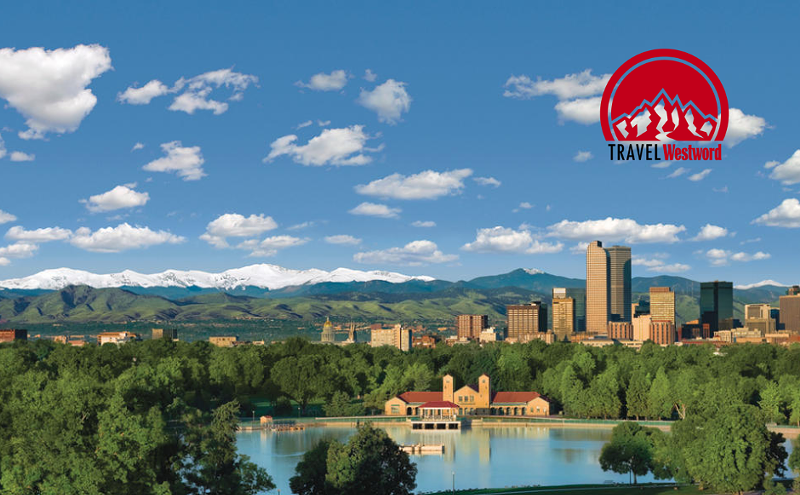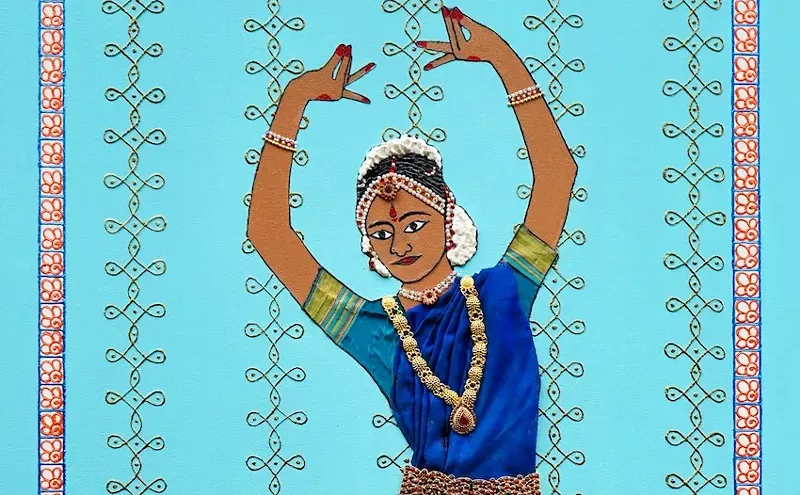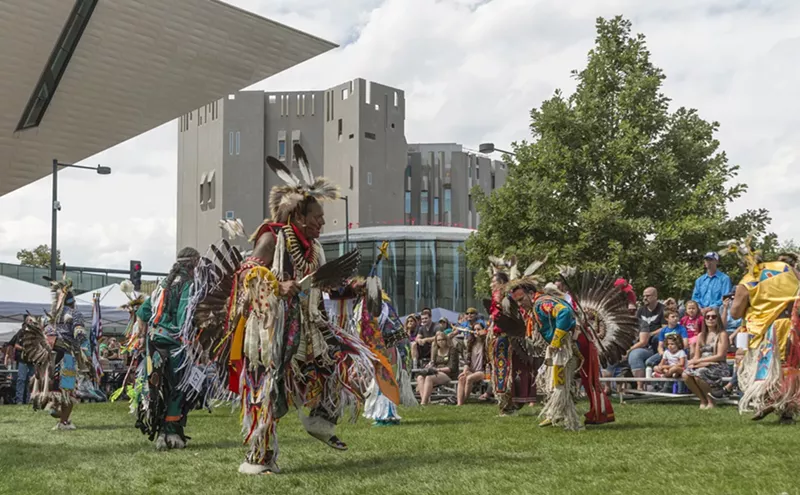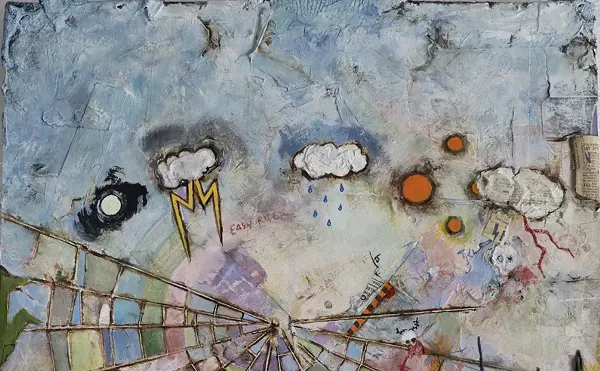Based on a Walter Tevis novel few people had actually read, the project could well have been just another gritty exploration of the urban underbelly, like so many late 1950s B movies. (At one point, Bobby Darin was cast as "Fast Eddie" Felson.) Instead, Paul Newman, George C. Scott, Piper Laurie and even Jackie Gleason, in a rare dramatic role, turned in some of the best performances of their careers.
But what really sets the movie apart (and drew nine Oscar nominations) is Robert Rossen's taut direction and the tragic arc of the script he developed with Sidney Carroll, which shifts the emphasis from the actual pool contests (though there are still some nice shots by technical advisor Willie Mosconi) to the human drama surrounding Fast Eddie's quest to become something more than a two-bit hustler. The film breaks from conventional Hollywood formula about underdogs winning it all to something much darker and more realistic. Fast Eddie has talent but also the psychological makeup of a "born loser"; he acquires character and ultimately redemption, but only at a soul-sickening price.
Laurie's Method acting, Scott's bile and the general speechifying may seem a bit stagey now, but the film still packs a wallop -- and Newman was never better, never more vulnerable or full of rage and humiliation as he is here. I put it at the head of my list of the top ten gambling movies of all time, and its fiftieth anniversary is a good time to take another look at what makes The Hustler a winner.
Here's one memorable scene:












